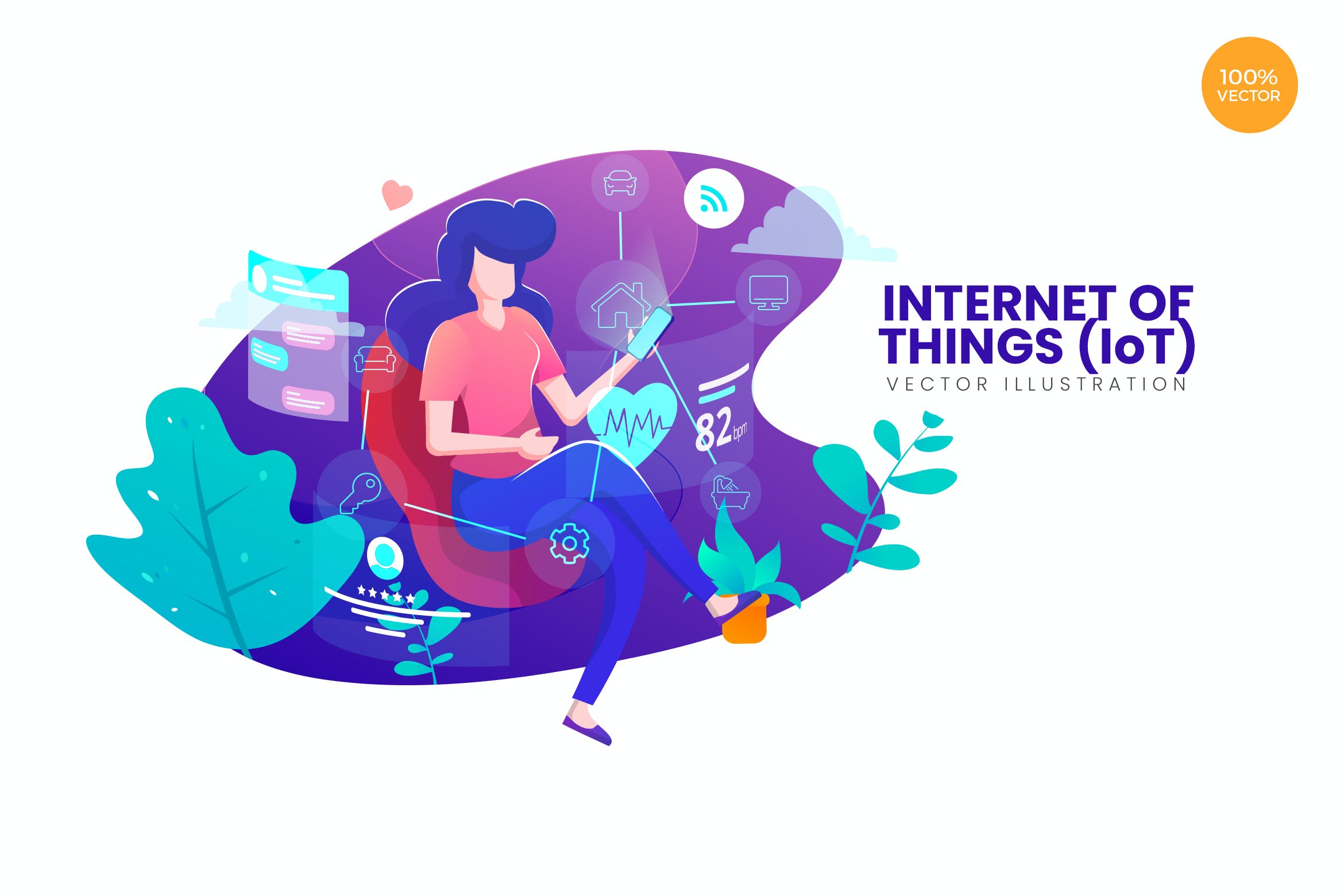|
In today's digital age, the internet has revolutionized the way people communicate, organize, and advocate for social and political causes. Internet activism, also known as online activism or cyberactivism, has emerged as a powerful tool for individuals and groups to raise awareness, mobilize supporters, and effect change on a global scale. One of the key strengths of internet activism is its ability to transcend geographical boundaries. Unlike traditional forms of activism that are often limited by physical proximity, the internet allows activists from different parts of the world to come together and collaborate on shared causes. Through social media platforms, online petitions, and crowdfunding websites, individuals can connect with like-minded individuals and build virtual communities centered around specific issues. The internet also provides a platform for marginalized voices to be heard. Historically, marginalized communities have faced barriers to participation in mainstream activism due to factors such as limited resources or discrimination. The internet has democratized activism by giving voice to those who were previously silenced. Social media hashtags, for example, have been instrumental in highlighting issues such as police brutality, gender inequality, and environmental degradation. Furthermore, internet activism enables rapid dissemination of information. Traditional media outlets often have limited coverage and bias towards certain issues. In contrast, social media platforms allow for the instant sharing of news, videos, and personal stories, reaching millions of users within seconds. This speed and accessibility make it easier for activists to inform and engage a wider audience, generating public support and putting pressure on governments and corporations. The interconnected nature of the internet also facilitates collaboration and coordination among activists. Online platforms provide spaces for sharing strategies, organizing protests, and planning campaigns. For instance, during the Arab Spring uprisings, social media played a crucial role in mobilizing protesters, disseminating information, and garnering international attention. The internet acted as a catalyst for collective action, fostering solidarity and amplifying the impact of activism. However, internet activism is not without its challenges. The vast amount of information available on the internet can lead to information overload and disinformation campaigns. It is crucial for activists to critically evaluate sources and verify information before sharing. Additionally, online spaces can be hostile and divisive, making it necessary for activists to foster respectful dialogue and create safe online environments for discussion and collaboration. In conclusion, internet activism has transformed the landscape of social and political activism in the digital age. Its ability to connect people across borders, amplify marginalized voices, distribute information rapidly, and facilitate collaboration has made it a powerful force for change. As technology continues to evolve, it is essential that activists harness the potential of the internet responsibly and ethically to create a more just and equitable world.  |
